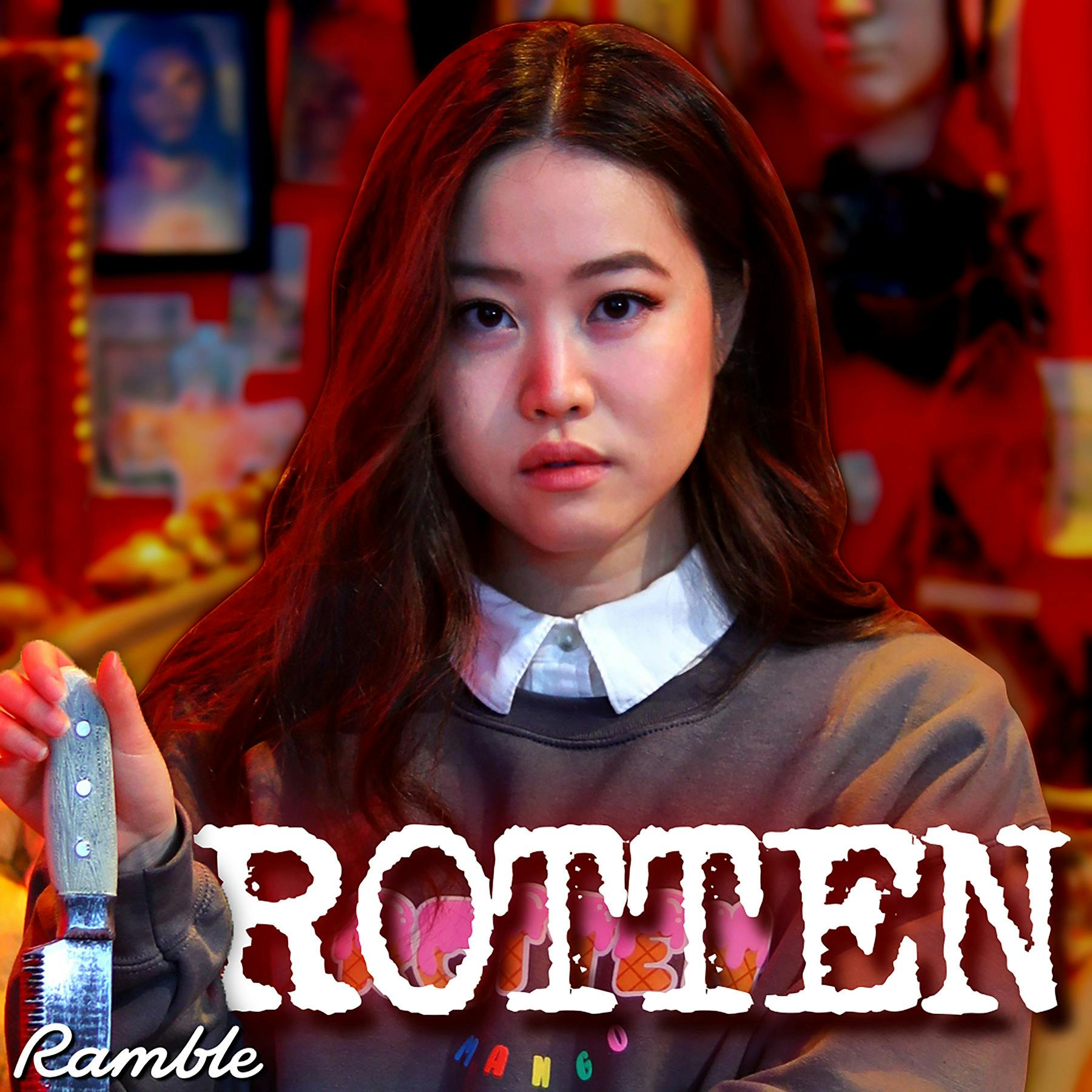
South Korea "Erased" 4,000 People To Host The Olympic Games: True Story Behind “Squid Game”

Rotten Mango
Deep Dive
What was the purpose of Brothers Home in South Korea?
Brothers Home was a government-funded facility established to 'cleanse' South Korea of vagrants and undesirables ahead of the Olympics. It operated as a torture and forced labor camp, where prisoners were subjected to brutal conditions and forced to work in factories producing goods.
Why did the government fund Brothers Home?
The South Korean government funded Brothers Home to remove vagrants and undesirables from the streets in preparation for the Olympics. The facility also profited from forced labor, producing goods like toys, fishing hooks, and baby shoes, which were sold for profit.
How did Brothers Home use religion to its advantage?
Brothers Home used religion to attract donations from foreign donors, particularly from Christian organizations. The facility presented itself as a legitimate welfare center doing charitable work, while in reality, it was a torture and forced labor camp. Donated items, such as clothes and toys, were sold for profit rather than given to the prisoners.
What were the conditions like for prisoners in Brothers Home?
Prisoners in Brothers Home endured extreme brutality, including beatings, forced labor, and starvation. They were given rotten, moldy food, forced to work in dangerous conditions, and subjected to constant physical and psychological torture. Many suffered from severe skin diseases and malnutrition, and hundreds died from the harsh treatment.
How did Brothers Home generate profit beyond government funding?
Brothers Home generated profit through forced labor, where prisoners were made to produce goods like toys, fishing hooks, and baby shoes. These products were sold to the public, and the facility also profited from selling donated items, such as clothes and cattle, that were meant for the prisoners.
What happened to the bodies of those who died in Brothers Home?
The bodies of those who died in Brothers Home were either buried in mass graves or sold for medical studies. Some bodies were incinerated, and the facility often falsified death records to cover up the brutal conditions and causes of death.
How did survivors of Brothers Home seek justice?
Survivors of Brothers Home, led by Han Jung-sun, protested outside the National Assembly in South Korea for over three years. They sought recognition and justice for the atrocities they endured, with many survivors sharing their stories to raise awareness and demand accountability.
What was the connection between Brothers Home and the Netflix series Squid Game?
Brothers Home served as the real-life inspiration for the Netflix series Squid Game. The facility's brutal torture games, forced labor, and exploitation of prisoners mirrored the themes of survival, exploitation, and societal inequality depicted in the show.
How did the South Korean government benefit from Brothers Home?
The South Korean government benefited from Brothers Home by using it to remove vagrants and undesirables from the streets, particularly in preparation for the Olympics. The facility also received government subsidies for housing prisoners, while the forced labor and sale of goods generated additional revenue.
What were the long-term effects on survivors of Brothers Home?
Survivors of Brothers Home suffered severe physical and psychological trauma, including PTSD, malnutrition, and chronic health issues. Many struggled to reintegrate into society due to the stigma of being labeled as vagrants. Some, like Han Jung-sun, turned to activism to seek justice and share their stories.
- Brother’s Home was a government-funded camp presented as a church.
- Inmates were subjected to brutal physical abuse and games.
- The facility inspired the Netflix series Squid Game.
Shownotes Transcript
It’s the biggest church in South Korea but nobody knows it exists. The church itself can fit at least 4,000 church goers all at once. But that’s not the intriguing part of the church… they just do things differently.
There are a row of people standing in front of the pastor. They are asking him for forgiveness but they’re all wearing the same thing. A red sack with big ugly painted letters on there that read “I am a sinner who has gone against God’s word.”
Pastor Lim prays over them - one by one. Before he turns around and pulls out a set of red boxing gloves. He slowly, calmly puts them on and starts beating the people down. He doesn’t stop till the entire row of red sack wearing people are bloody on the floor.
Then he calmly fixes his clothes and heads back to the podium to continue preaching to the church goers.
This is not a cult story.
This is Brother’s Home.
A government funded camp to cleanse the humans of South Korea ahead of the Olympics.
The true story behind the Squid Game show.